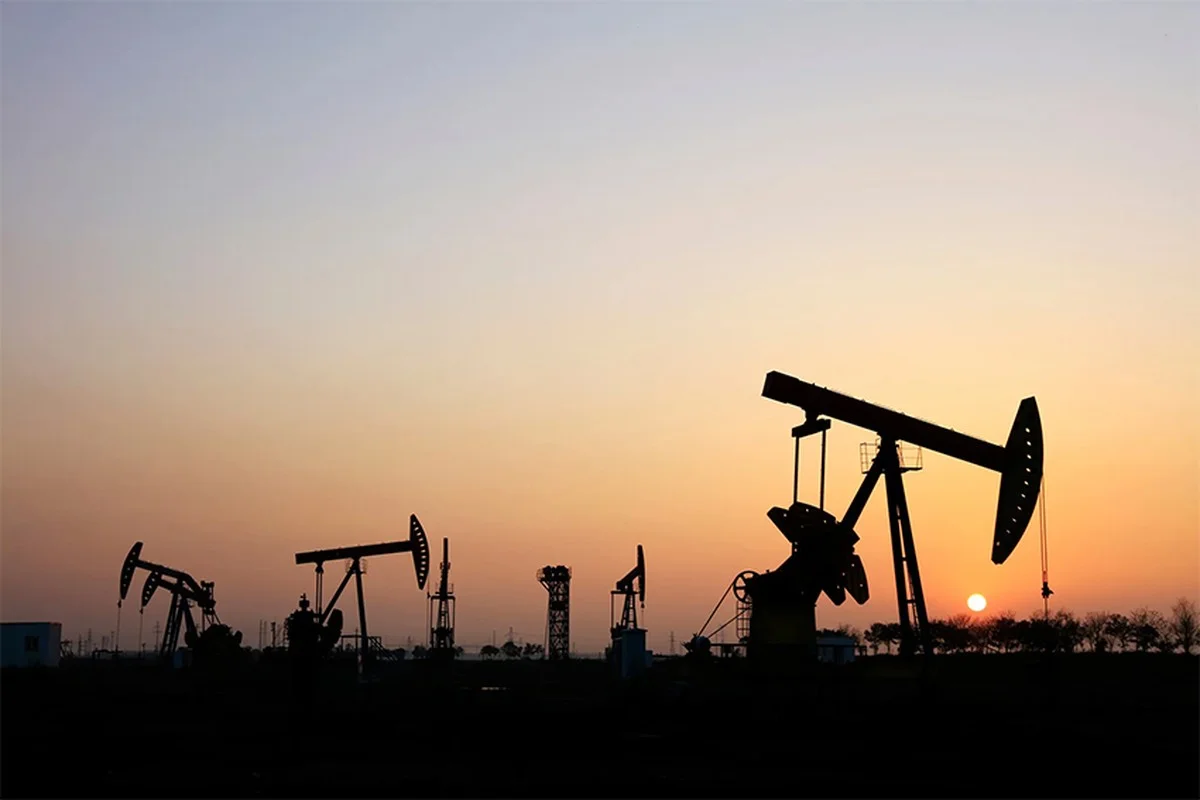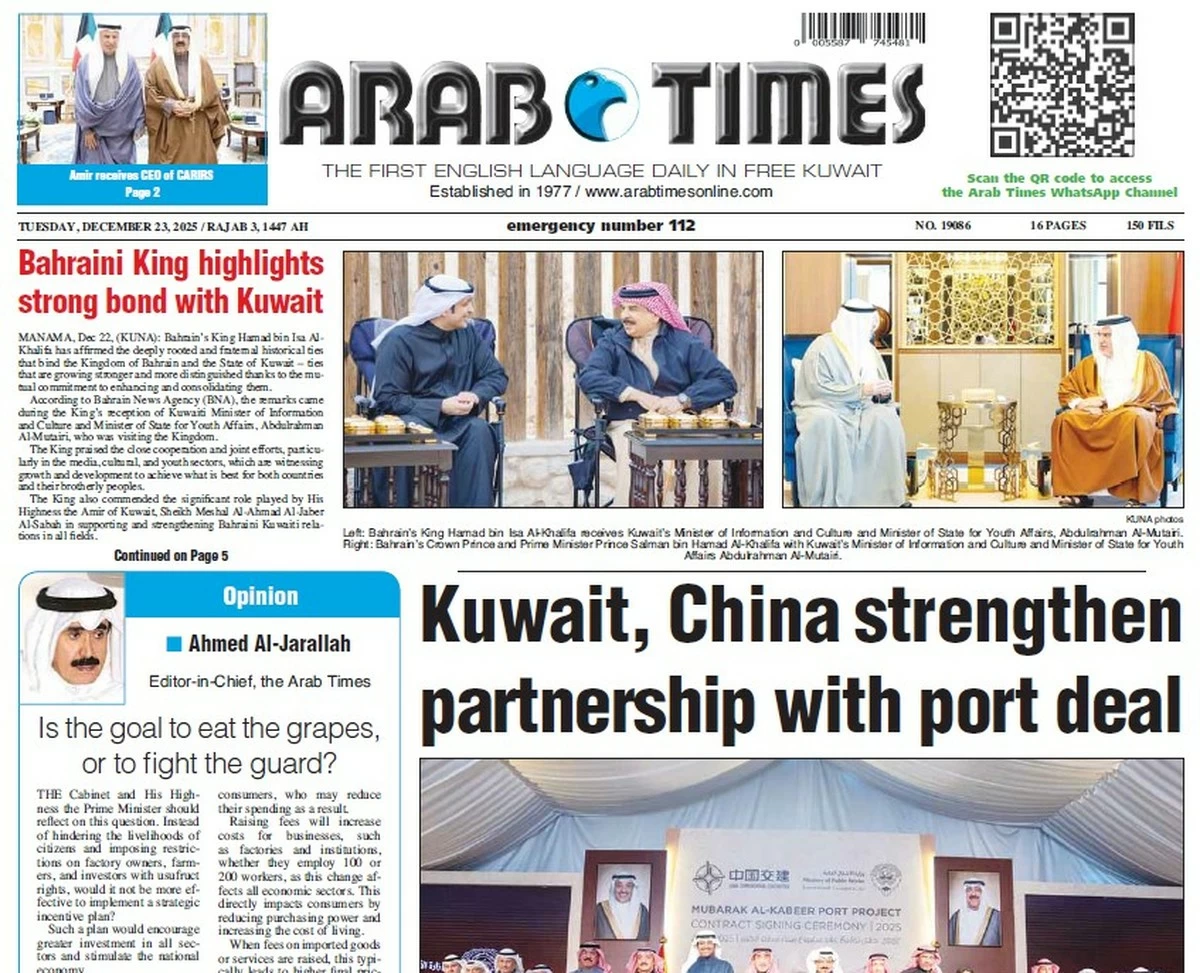14/12/2024
14/12/2024

In contrast, the United Arab Emirates and Qatar are still experiencing budget surpluses. With oil prices hovering around $70 per barrel and with no expectations of any improvement in the oil prices in the next few years, concerns are rising. Global oil availability is high, with more oil being kept underground or ready to export, which may lead to weaker prices. Storing the oil incurs financing costs with no guarantee of recouping them. As such, it may take some time before oil prices rise to $80, $90, or higher. As a result, countries like Kuwait, Saudi Arabia, and Bahrain may need to borrow or dip into their reserves. If these options fail, they may need to turn to external borrowing, potentially for years. Austerity measures may also be required in Gulf countries.

The outlook for oil prices next year remains uncertain, with weak demand and no significant growth expected. Global oil demand is likely to stay low at around 1.1 million barrels per day, well below the forecasted two million barrels per day in 2025. Despite this bleak outlook for oil in the coming few years, ExxonMobil is increasing its investment in fossil oil production. The company plans to produce over five million barrels per day by 2026- 2030, with spending of $33 billion to $35 billion during this period. This represents the largest commitment by any oil company, despite concerns about the future of fossil fuels. The question arises - Is there a market for this volume? While OPEC+ continues to expand its oil investments, this could create surpluses in global markets, leading to further weakening of oil prices, as is the case today.
However, unlike OPEC+, ExxonMobil is not bound by production quotas and can freely sell its oil. Its main goal is to generate cash and provide dividends to shareholders. OPEC+ seeks price equilibrium to balance its state budgets and must rely on specific production quotas. In contrast, independent international companies face pressure from their owners and shareholders with one objective: “Show us the returns on our investments.” While both have similar goals, the financial outcomes differ. OPEC+ focuses on achieving a price equilibrium to manage the state budget, which is often difficult to fulfill.
Independent Oil Analyst


